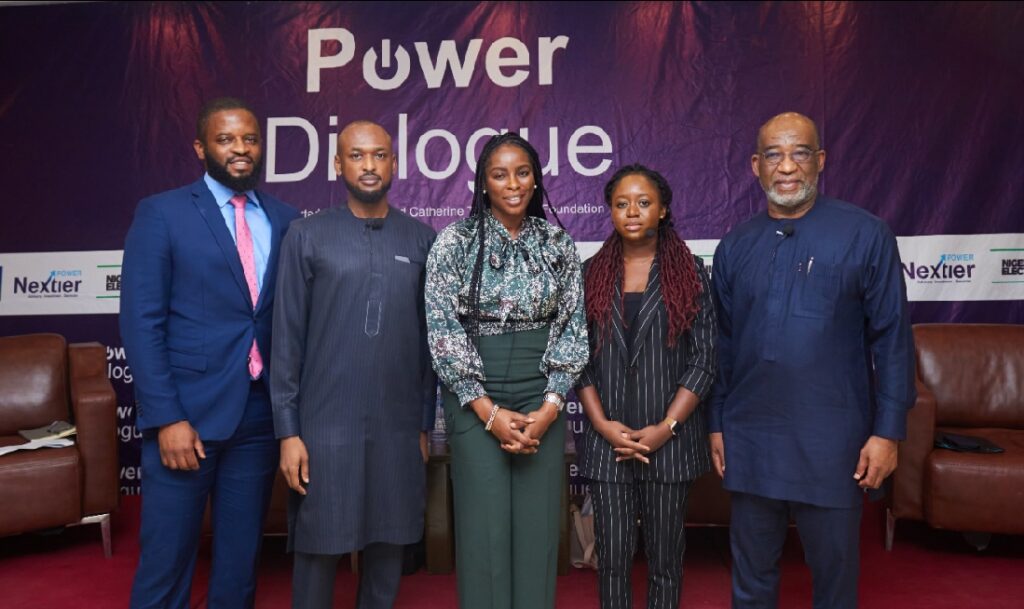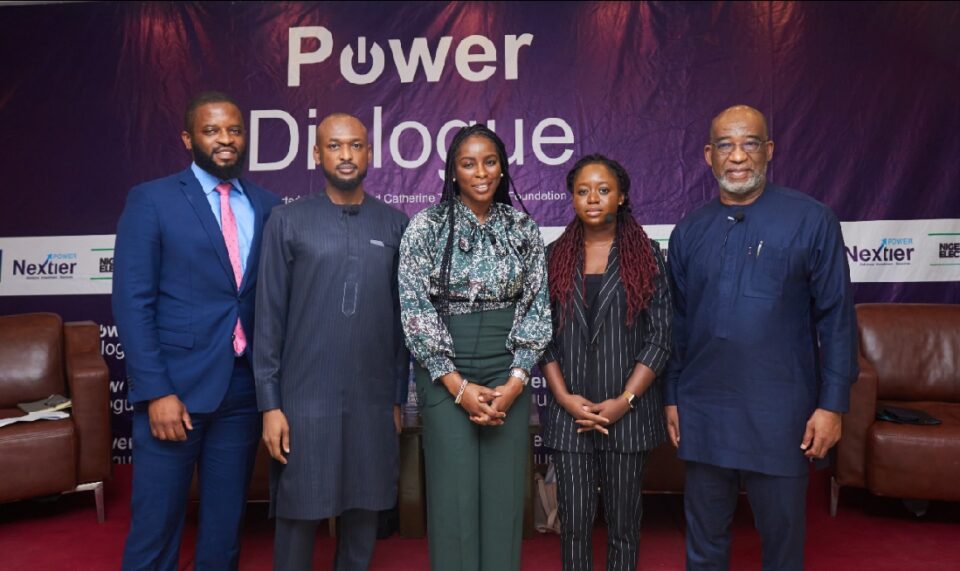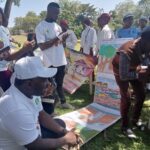Experts in power sector have canvassed the need to redesign the funding strategies for Nigeria’s electricity market to make it more accessible in order to improve the power challenges.
The experts, who gathered in Abuja at The Electricity Hub’s 75th Power Dialogue organised by Nextier SPD, also advised that project financing should be long-term based on demand and supply.
The Nigeria’s electricity market has been experiencing a severe liquidity crisis. Across the electricity value chain, the rising debt profile and liquidity crisis have hampered new investments in the sector.
In addition, several other factors, such as the absence of cost-reflective tariffs and huge metering gaps, have contributed to the lack of adequate financial investments in the sector.

These developments have led to the raising of concerns about the bankability of the current off-grid projects and the issues of investment and diversification of on-grid projects have been raised.
During the Power Dialogue by Nextier which was titled: “The Funding Conundrum II -Attaining Sustainable Grid Balance”, the experts drawn from different national and international organizations discussed measures in solving the problems to achieve energy access for all Nigerians.
The Nextier dialogue had in attendance Muhammad Wakil, Country Representatives, Global Energy Alliance for People and Planet (GEAPP); Frank Edozie, Program Officer-Power, United Kingdom Nigeria Infrastructure Advisory Facility (UKNIAF); and Anita Otubu, Head, Program Management Unit- Nigeria Electrification Project as panellists. Fauzia Chevonne Okediji, Senior Advisor Sustainable Energy Access, Nigeria Energy Support Programme (NESP)-GIZ.
Frank Edozie gave a background on the on-grid sector and also highlighted specific roadblocks hindering Nigeria’s on-grid and off-grid development.
Speaking on the funding strategies, Edozie advised that there is a strict need to redesign the funding strategies, breaking the stereotypes and making the funding more accessible.
Next, Muhammad Wakil discussed challenges affecting sustainable investment in the on-grid sector. He also emphasized the various ways to accelerate investment in the off-grid space and ensure the ROI.
At the same time, we strive for lasting solutions to Nigeria’s electricity crisis, advising that project financing should be long-term based on demand and supply.
On the funding strategies, Mr. Edozie advised that there is a strict need to redesign the funding strategies, breaking the stereotypes and making the funding more accessible.
He also spoke about Nigeria’s Energy Transition Plan and 2060 Net Zero Vision, noting that using gas has to be sensibly approached to avoid losing sight of the net zero goal.
According to him, “the power sector is very complex. There is a need for a strategic plan for energy generation, distribution, loans and the entire transition plan.”
He said Nigeria has enough resources, but it is easy to lose focus on combining them.
On her part, Anita Otubu suggested that promoting the energy sector across all platforms also needs new synergy, adding that, “this would also need much technical and financial assistance to be sustainable.”
She proposed the need for more awareness and effective metering systems. She also said that the Discos need to supply power sustainably and effectively. “This would ensure that there is no bypass in electricity distribution,” she added.
Wakil noted how the implementation is critical in distribution and generation and that DisCos could not recover the investment, which is a significant distribution problem. “The Gencos will need to put more effort into investing in the Discos,” he said.
The panellist also gave different ways the government could help with planning and coordination.
The experts also discussed questions concerning franchising and international cooperation, and its effect on the Nigerian power sector and management of the funds and its disbursement to suitable projects were analyzed.
They recommended regulatory policies to be in place and systemic actions to be carried out by the government, private sectors and global institutions to attain a sustainable grid balance.



